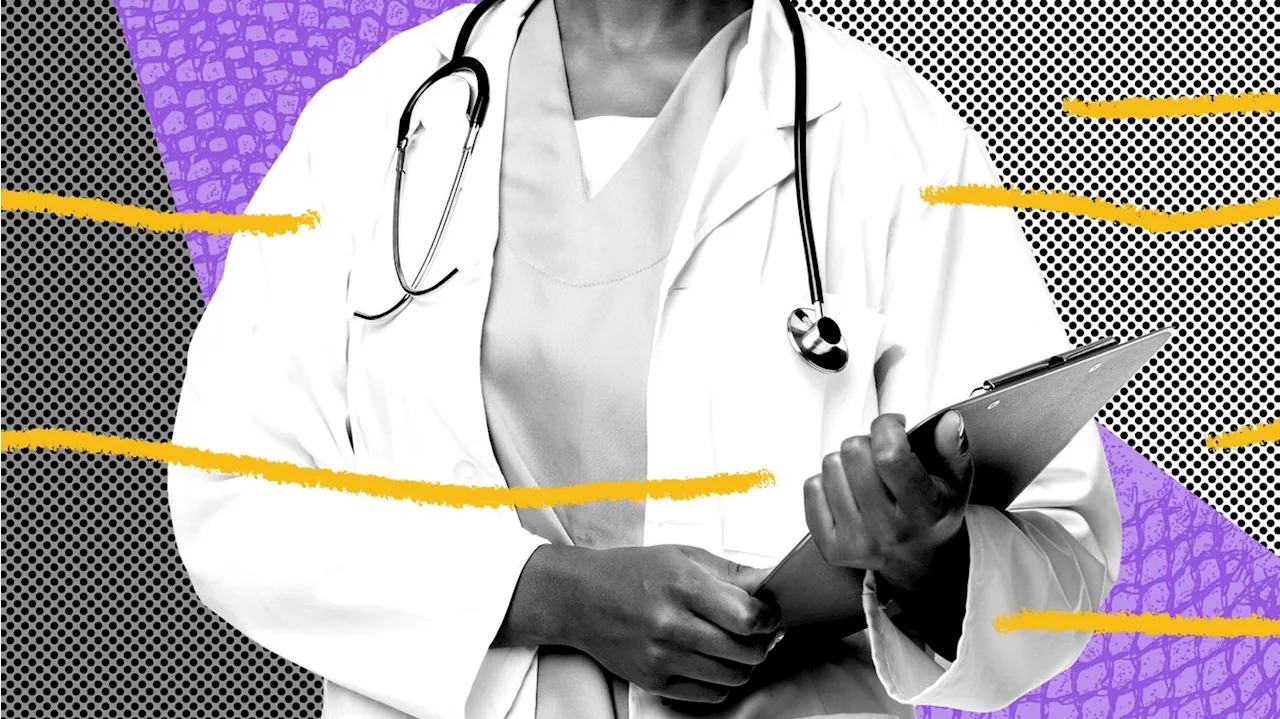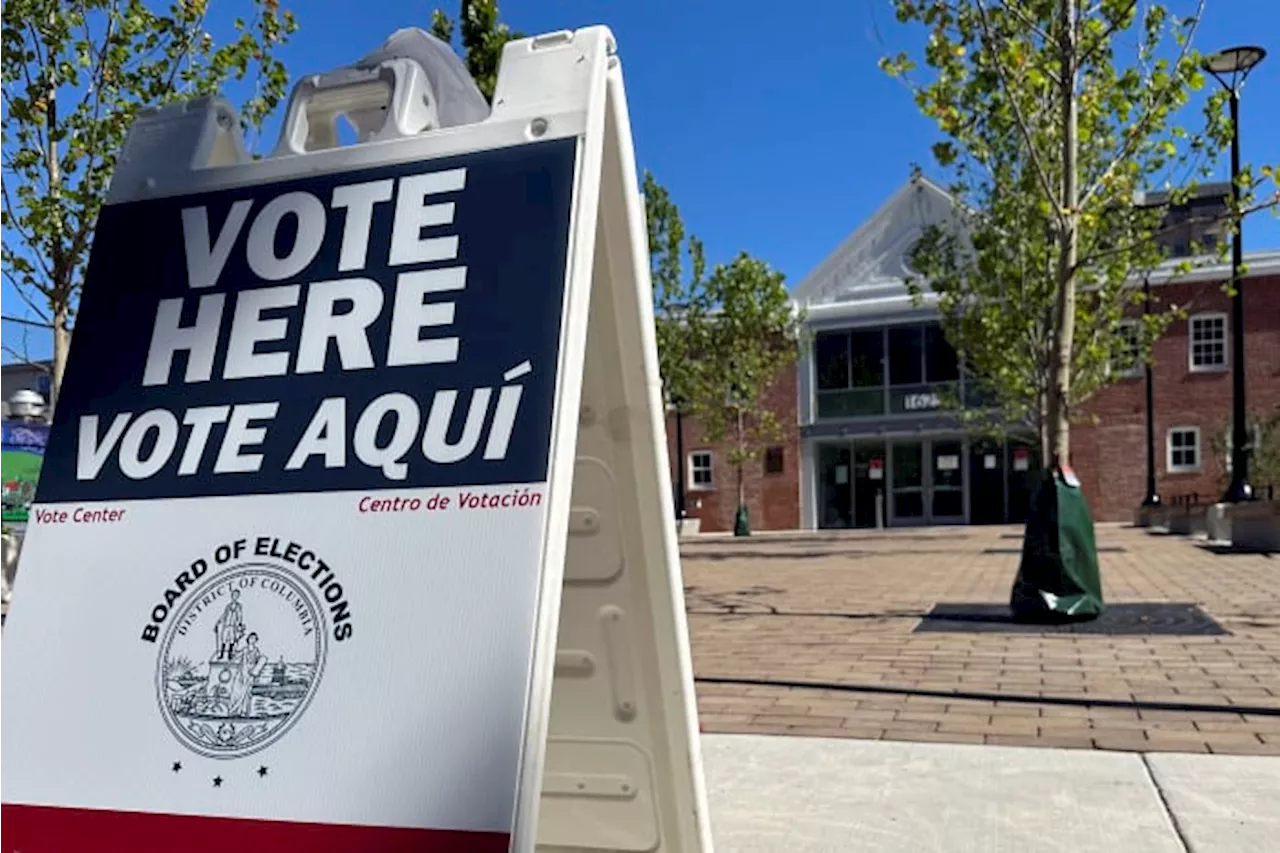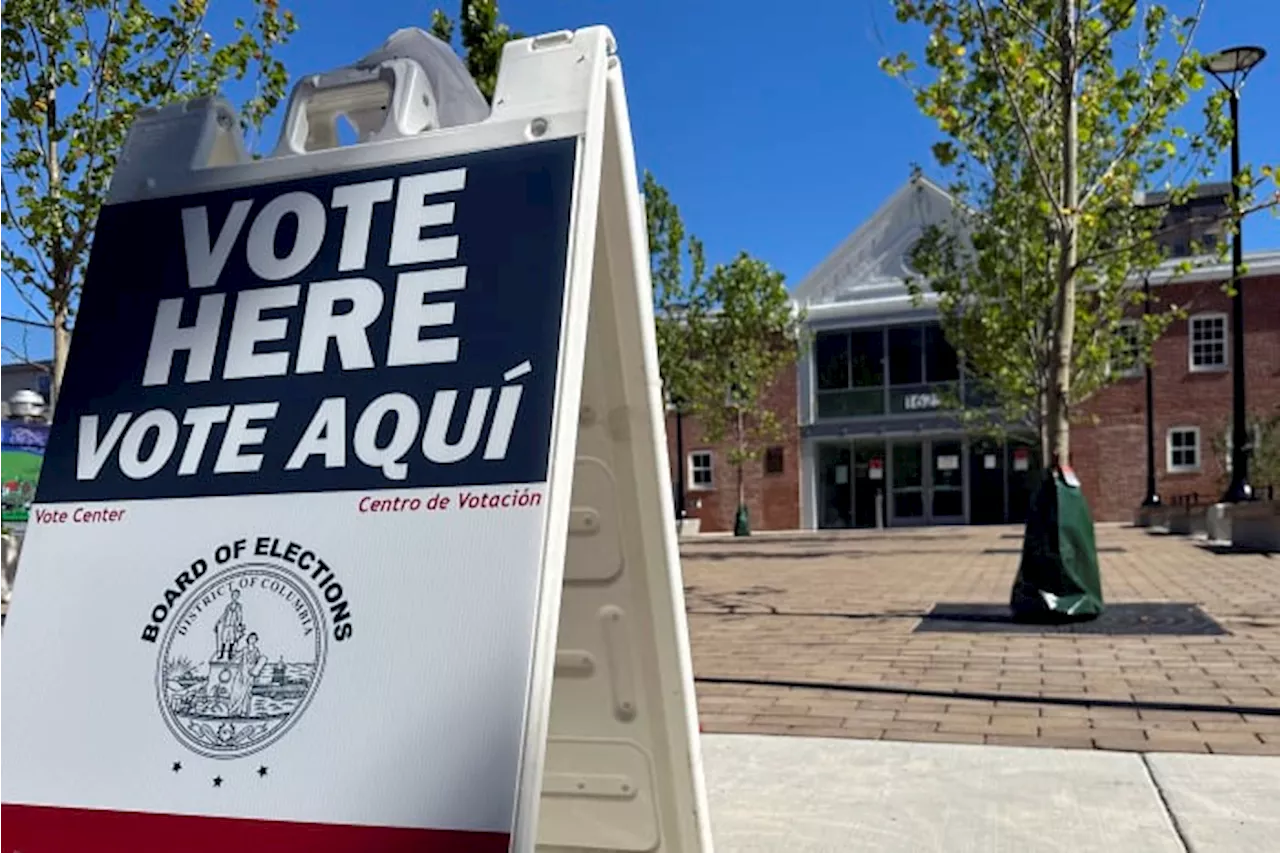The efforts from Democratic-led states include shield laws that prohibit patients and providers from facing legal consequences for abortion procedures.
Two years after the Supreme Court ended federal protections for abortion care, some Democratic-led states have moved to combat the restrictive laws on the procedure that have been enacted in Republican-led states. According to the Guttmacher Institute, a research group which supports reproductive rights, 14 states now have near-total abortion bans, forcing many women to travel out-of-state for the procedure.
In the first half of 2023, Illinois saw the largest increase in the number of out-of-state patients seeking abortion care of any state, according to data from the Guttmacher Institute. In that period, it saw 18,870 out-of-state patients, more than triple what it saw during the same period in 2020. In May 2022, just prior to the overturning of Roe v. Wade, Democratic Connecticut Gov.
United Kingdom Latest News, United Kingdom Headlines
Similar News:You can also read news stories similar to this one that we have collected from other news sources.
 Democratic-leaning doctors flex political muscle in abortion debateThe fallout from the Dobbs decision has sparked a wave of activism from Democratic doctors.
Democratic-leaning doctors flex political muscle in abortion debateThe fallout from the Dobbs decision has sparked a wave of activism from Democratic doctors.
Read more »
 Democratic primary for DC Council held against a backdrop of crime in the nation's capitalTuesday’s Democratic primary in heavily Democratic Washington D
Democratic primary for DC Council held against a backdrop of crime in the nation's capitalTuesday’s Democratic primary in heavily Democratic Washington D
Read more »
 Democratic primary for DC Council held against a backdrop of crime in the nation's capitalTuesday’s Democratic primary in heavily Democratic Washington D.
Democratic primary for DC Council held against a backdrop of crime in the nation's capitalTuesday’s Democratic primary in heavily Democratic Washington D.
Read more »
 Democratic primary for DC Council held against a backdrop of crime in the nation's capitalTuesday’s Democratic primary in heavily Democratic Washington D.
Democratic primary for DC Council held against a backdrop of crime in the nation's capitalTuesday’s Democratic primary in heavily Democratic Washington D.
Read more »
 In Texas, the Fight Over Abortion Has Gotten HyperlocalTwo years after Dobbs, the state has become a battleground in a whole new way.
In Texas, the Fight Over Abortion Has Gotten HyperlocalTwo years after Dobbs, the state has become a battleground in a whole new way.
Read more »
 Two Years On, the Harm of the Dobbs Ruling Is Particularly Felt By Marginalized PeoplePeople who are marginalized on the basis of race, gender, gender identity, disability, socioeconomic status, and other factors need policies to support our ability to make decisions about our own reproductive lives.
Two Years On, the Harm of the Dobbs Ruling Is Particularly Felt By Marginalized PeoplePeople who are marginalized on the basis of race, gender, gender identity, disability, socioeconomic status, and other factors need policies to support our ability to make decisions about our own reproductive lives.
Read more »
